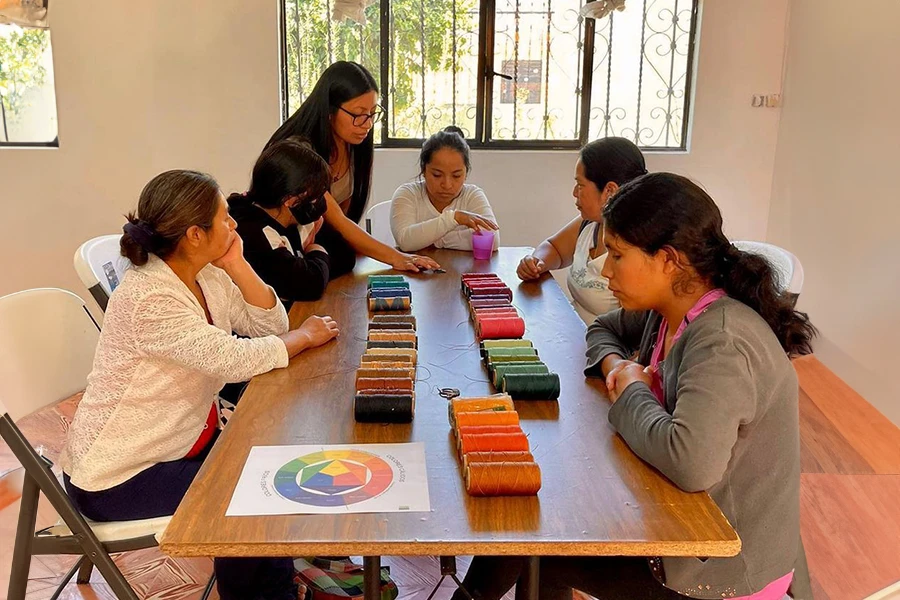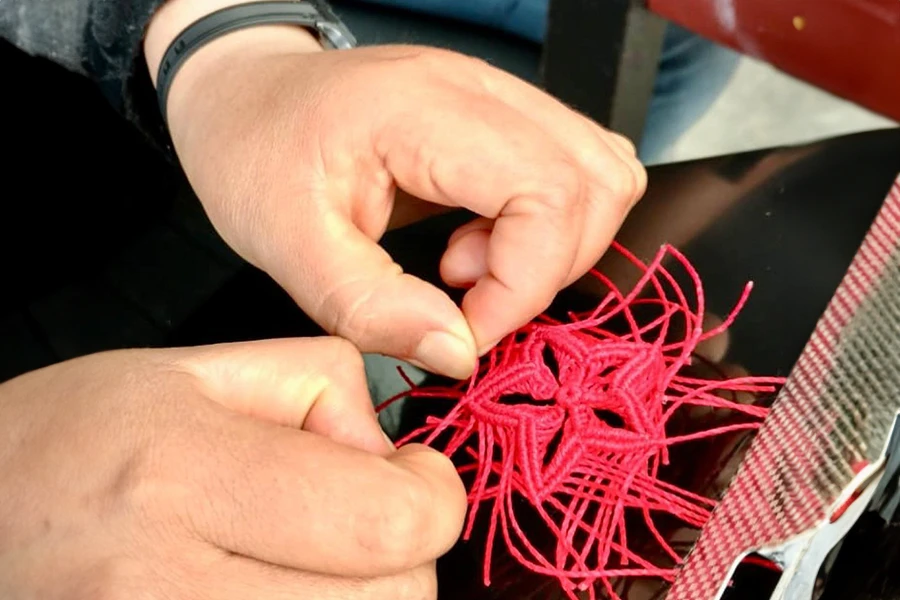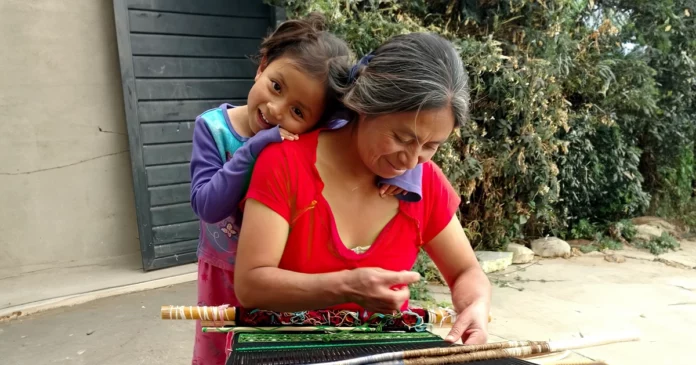In the face of a heartbreaking crisis, hope emerged in San Cristóbal de las Casas, Chiapas, México. In late 1995, the Yach’il Antzetic Community Home was founded to address a devastating reality: a growing number of newborn babies were being abandoned on the streets. This tragedy spurred Doña María de la Luz Ruiz García, known as «Doña Lucha,» to take action.
Sister of Monsignor Samuel Ruiz García, the mediator between the Mexican government and the Zapatista National Liberation Army, Doña Lucha wasn’t just a pioneer. She ignited a movement, primarily among indigenous women.
Impacto spoke with Sandra Loera, director of the community home, who shared Doña Lucha’s powerful question that continues to resonate today: «What is happening to us as a society that women have to give birth in these conditions?»
The question wasn’t about blame. Instead, it focused on empathy: «What is happening to that woman, and in what conditions does she live that she is forced to do that?»

This critical question birthed the Community Home. Their mission: care for the surviving babies, find them families, and advocate for change. Within government institutions, they discovered outdated laws (some over 100 years old!) and a lack of resources to protect children and women. Sandra pointed out, «We found people who had no idea what to do.»
The change came in 2003. Chiapas reformed its child protection laws, modernized adoption processes, and established a cross-agency council to tackle the issue. A crucial step was recognizing a woman’s right to choose adoption after explaining her circumstances.
Sandra explained that their work revealed a deeper truth: the tip of the iceberg. Beneath the surface lay a complex web of normalized violence against women trapped in poverty.
These women, primarily indigenous and often from rural backgrounds, even in the city, felt they had no other choice but to serve others, sacrificing their own lives and decisions. Every choice, good or bad, came with societal disapproval.
This immense burden weighed heavily on them, impacting their entire environment. Sometimes, these decisions were a matter of life or death. Many women ended up fulfilling the demands of others – family, husbands, or workplaces – sacrificing their own needs and aspirations.
«Our name, Yach’il Antzetic, reflects our purpose», Sandra explained. «The women we work with come from rural and indigenous communities, uprooted from their social and cultural roots. We provide a temporary family, a safe haven during a critical time, offering them support and companionship.»
In the first 15 years, the home offered a more comprehensive refuge model. Women experiencing unplanned pregnancies or social stigma surrounding single motherhood could stay for a period. However, Sandra noted, «This need has lessened. Societal attitudes are shifting, and women are less likely to feel the pressure to hide.»
«The stigma has lessened, but it hasn’t disappeared entirely,» she continued. «Some women still require support networks, and that’s where we come in. Yach’il Antzetic continues to be a pillar of strength, offering a community and resources beyond just temporary housing.»

From receiving help to starting a life of service
María Hernández, a woman who arrived with an unplanned pregnancy and a situation of deep anguish, eager to finish her career as a nursing technician, dreamed of being able to work in a hospital and practice as a nurse. She arrived with the whole burden of guilt and her world fell apart. Doña Lucha invited her to participate in the accompaniment area. María became the midwife, and companion of many women, and is part of the Board of Directors of the Community Home and the legal representative.
In this way, many other women appeared who, over time, were healed and found a way to serve other women.
The Community Home has been transforming and responding to new needs. «What I like most about the work is facilitating workshops, designing workshops for women’s development; we seek that everyone learns the importance of self-care,» Sandra specified.
Serving an average of 250 women annually, Community Home provides a lifeline to those in need. Primary care, the immediate emotional support for women facing violence, is a cornerstone of their work.
«There’s a pandemic of chronic anxiety plaguing Chiapas and many parts of the world,» Sandra noticed. «People lack emotional education, the ability to manage their emotions, and understand their fundamental needs, which are essential for peace of mind.»
Doña Lucha, the home’s founder, recognized the immense strength and wisdom women possess, particularly indigenous Mayan women with their rich cultural heritage. She saw this as a powerful tool for healing.
Community Home goes beyond immediate support, offering a comprehensive program for self-employment and deep emotional healing. «The program taps into this ancestral knowledge and wisdom, using traditional Mayan weaving to reconnect women with their inner selves, empowering them to design their paths and envision their desired lives,» Sandra explained.
To learn more about this collective healing experience and how to support these mothers and their children visit Yach´il Antzetic | Casa Hogar Comunitario







